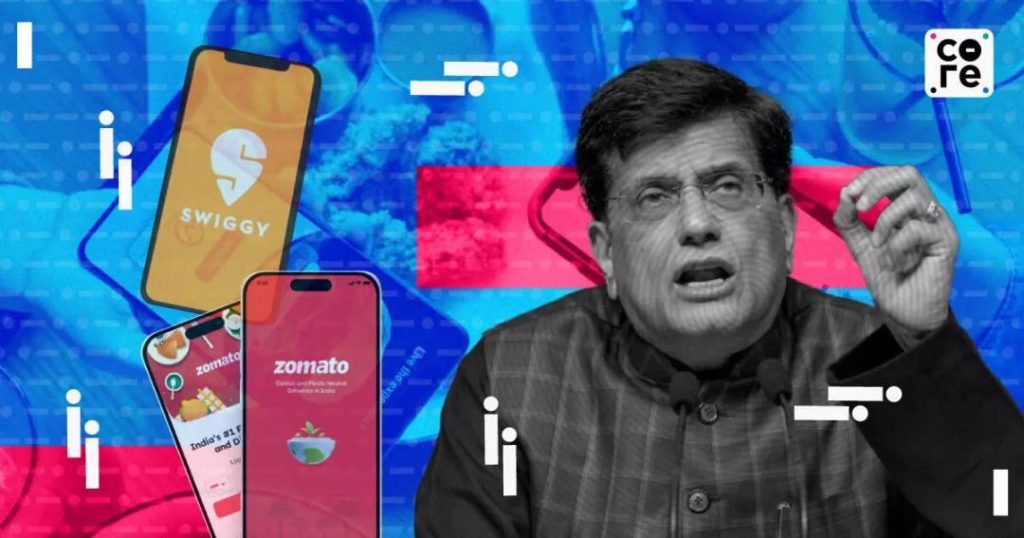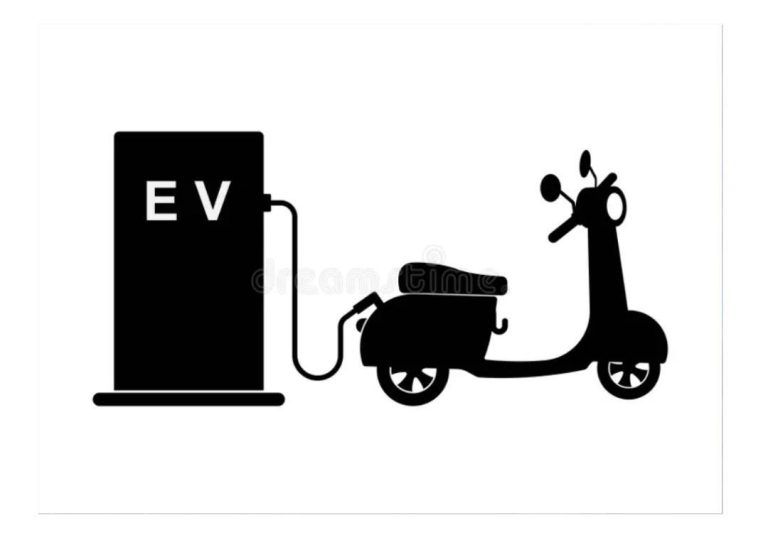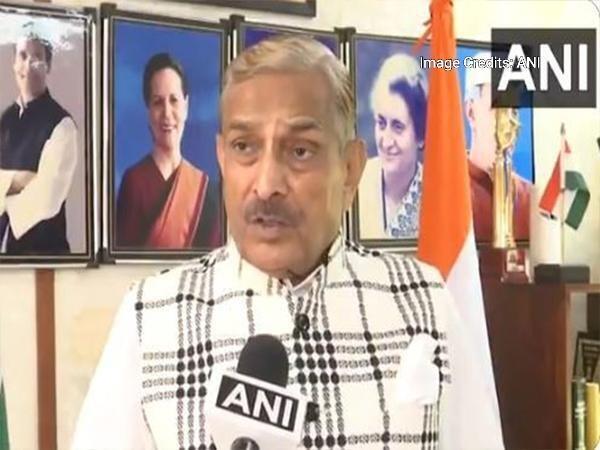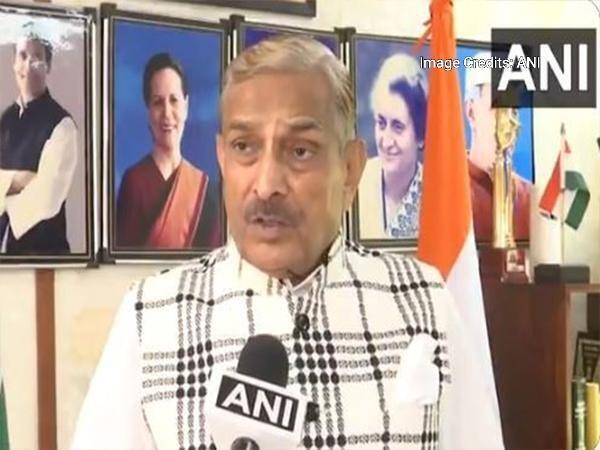
Goyal’s Food App Remark Reopens Innovation Debate
Trade Minister Piyush Goyal’s recent remarks on food delivery startups have once again brought the innovation debate to the forefront in India. While some critics have labeled his comment as dismissive, it has also prompted reflection on whether India’s startup focus is too concentrated on convenience services. The comparison with China’s deep-tech push has sharpened calls for broader innovation in manufacturing and core technology.
Goyal’s comment, made at the India Mobile Congress (IMC), sparked controversy when he mentioned that food delivery apps were not contributing to the country’s economic growth. He stated that while these apps have made life easier for people, they are not creating jobs or generating significant revenue. His remarks were seen as a slight against the food delivery industry, which has been one of the most successful startup sectors in India.
However, Goyal’s comment also touched a nerve because it highlights a broader issue in India’s innovation landscape. While India has made significant progress in building a startup ecosystem, the focus has largely been on convenience services like food delivery, ride-hailing, and e-commerce. These services have undoubtedly made life easier for many people, but they have also been criticized for being highly dependent on labor and not creating significant value-added products or services.
In contrast, China has taken a different approach to innovation. The Chinese government has been actively promoting deep-tech startups in areas like artificial intelligence, 5G, and biotechnology. These startups are not only creating new products and services but also driving innovation in manufacturing and core technology. China’s deep-tech push has been seen as a key factor in the country’s rapid economic growth and its emergence as a global technology leader.
Goyal’s comment has prompted reflection on whether India should follow a similar path. The country’s innovation ecosystem has been built on the back of IT services, software, and pharmaceuticals, but there is a growing recognition that these sectors are mature and may not be the key drivers of growth in the future.
India’s startup ecosystem has been successful in creating a large number of startups, but many of these startups are focused on convenience services that are highly dependent on labor. While these services have created jobs, they have also been criticized for being low-value-added and not contributing significantly to the country’s economic growth.
In contrast, deep-tech startups require significant investment in research and development (R&D), and they often require partnerships with corporates, academia, and government institutions. These startups are more likely to create new products and services that can drive innovation and growth in manufacturing and core technology.
Goyal’s comment has also highlighted the need for a more nuanced understanding of innovation in India. The country’s innovation ecosystem has been built on the back of the IT services and software sector, but there is a growing recognition that this sector is mature and may not be the key driver of growth in the future.
India’s innovation ecosystem needs to be more diverse and inclusive, with a focus on creating startups that can drive innovation in manufacturing and core technology. This requires a shift in the way that startups are funded, with a greater emphasis on deep-tech startups that require significant investment in R&D.
The Indian government has taken some steps to promote deep-tech startups, including the establishment of initiatives like the Startup India program and the Atal Innovation Mission. However, more needs to be done to create an ecosystem that supports the growth of deep-tech startups.
Goyal’s comment has also sparked debate over the role of venture capital (VC) in India’s startup ecosystem. VC has been a key driver of startup growth in India, but there are concerns that it has been overly focused on convenience services and not enough on deep-tech startups.
There is a growing recognition that VC needs to be more strategic and focused on creating startups that can drive innovation and growth in manufacturing and core technology. This requires a shift in the way that VC is invested, with a greater emphasis on early-stage funding and mentorship.
In conclusion, Goyal’s food app remark has reopened the innovation debate in India. While some critics have labeled his comment as dismissive, it has also prompted reflection on whether India’s startup focus is too concentrated on convenience services. The comparison with China’s deep-tech push has sharpened calls for broader innovation in manufacturing and core technology.
India’s innovation ecosystem needs to be more diverse and inclusive, with a focus on creating startups that can drive innovation in manufacturing and core technology. This requires a shift in the way that startups are funded, with a greater emphasis on deep-tech startups that require significant investment in R&D. The Indian government and VC community need to work together to create an ecosystem that supports the growth of deep-tech startups and drives innovation and growth in manufacturing and core technology.






